Share prices plummeted by 92%, overcapacity in the lithium battery industry triggered a price war
What is overcapacity in the lithium battery industry?
In recent years, with the rapid development of the new energy vehicle market, the production capacity of the upstream and downstream industries of lithium batteries has expanded rapidly, attracting even cross-border capital influxes. The significantly increased production capacity has surpassed the actual market demand, leading to oversupply. However, some countries or regions have experienced severe economic downturns. Although the new energy vehicle market continues to grow, its growth rate has slowed down, and market competition has intensified, far exceeding the actual market demand, resulting in oversupply.
Reasons for overcapacity in the lithium battery industry
Market demand fluctuations: The instability of market demand is a crucial factor contributing to overcapacity. When market demand falls below expectations, enterprises' production capabilities become relatively excessive.
Excessive investment and blind expansion by enterprises: With the rapid development of new energy vehicles and energy storage sectors, the lithium battery market demand has surged, attracting numerous enterprises to enter the industry. Nevertheless, some enterprises may overinvest and blindly expand their production scales in pursuit of market share or scale effects without fully assessing market demand and competition dynamics, leading to overcapacity.
Government policy guidance: Government industrial and investment policies can also impact overcapacity in the lithium-ion battery industry. To promote the development of the new energy sector, governments may offer financial subsidies, tax incentives, and other policy supports to encourage increased investments by enterprises. However, excessive policy support or a lack of effective regulation may lead to overinvestment and blind expansion by enterprises.
Impacts of overcapacity in the lithium battery industry
Intensified industry competition: Overcapacity leads to heightened market competition, prompting enterprises to engage in price wars and other strategies to compete for market share, thereby compressing profit margins. This may result in some enterprises incurring losses or even going bankrupt.
Resource waste: Overcapacity signifies that a significant portion of production equipment, raw materials, and human resources are underutilized, leading to resource waste. This not only increases enterprises' operating costs but also has adverse environmental impacts.
Inhibition of technological innovation: In the context of overcapacity, enterprises may focus more on addressing excess capacity than on technological innovation and product development. This could render enterprises less competitive in future market competitions.
Impact on the healthy development of the industry: Long-term overcapacity may result in vicious competition and price wars within the industry, disrupting market order and fair competition principles. It may also hinder the industry's sustainable development and transformation and upgrading.
Stock market performance in the lithium battery industry
A price war refers to a commercial competition where enterprises compete by lowering the market prices of their products. The objective of a price war is to suppress competitors, occupy more market share, and clear inventory. Some enterprises initiate price wars proactively to seize market share, while others are forced to engage in price wars to respond to competitors' price reductions. Price wars often result in a lose-lose situation for all parties involved.
In the lithium-ion battery industry, enterprises such as lithium mine companies and lithium battery separator manufacturers are frantically expanding their production capacity while facing significant inventory pressures and engaging in price wars. Except for a few enterprises, almost the entire industry is suffering substantial losses, with stock prices across the industry declining by more than 80%, akin to a collapse. Typical examples include China companies like SEMCORP and Tianqi Lithium.
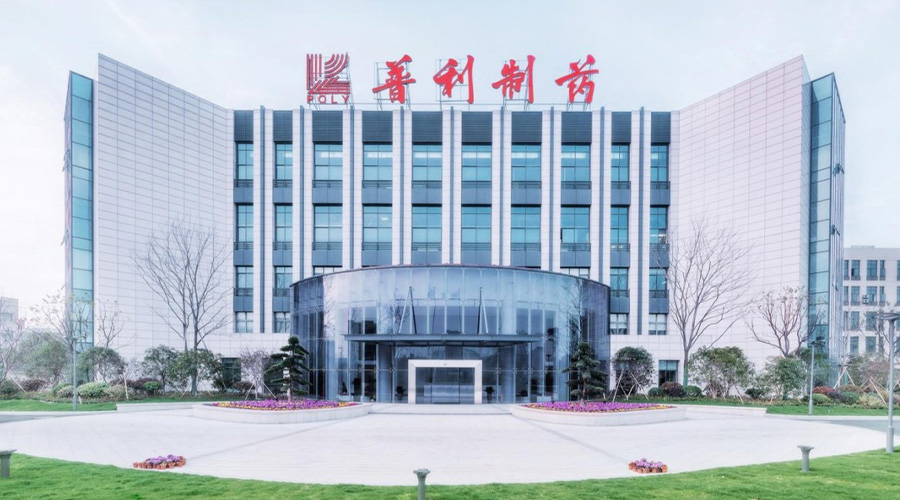


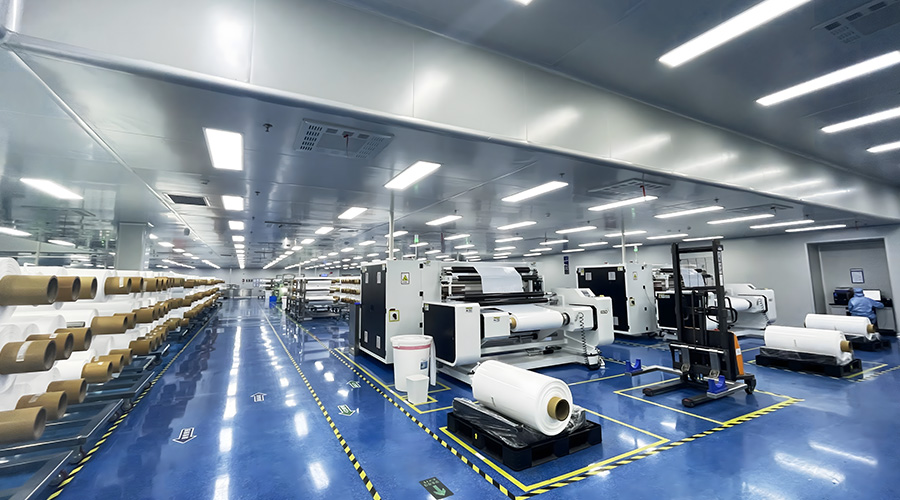
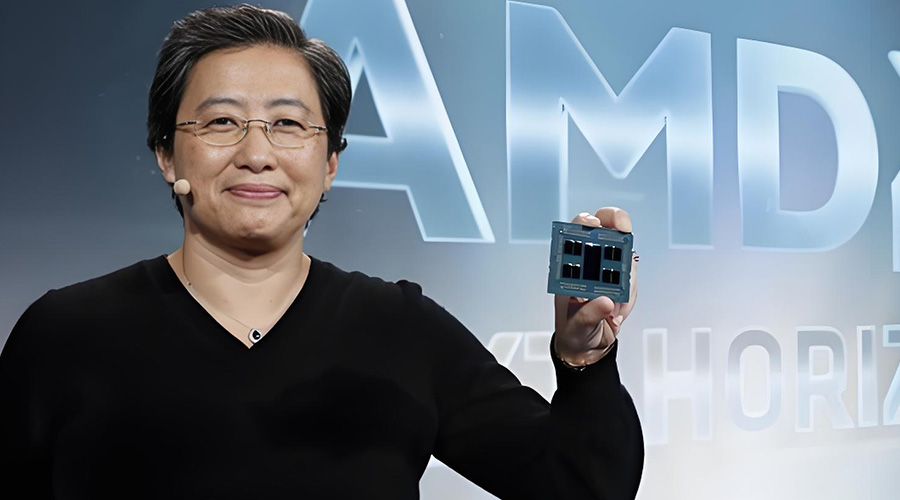

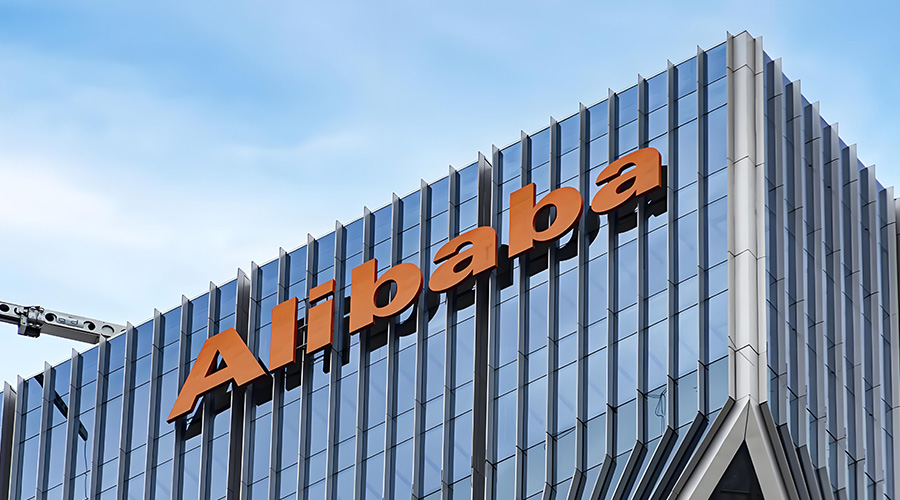
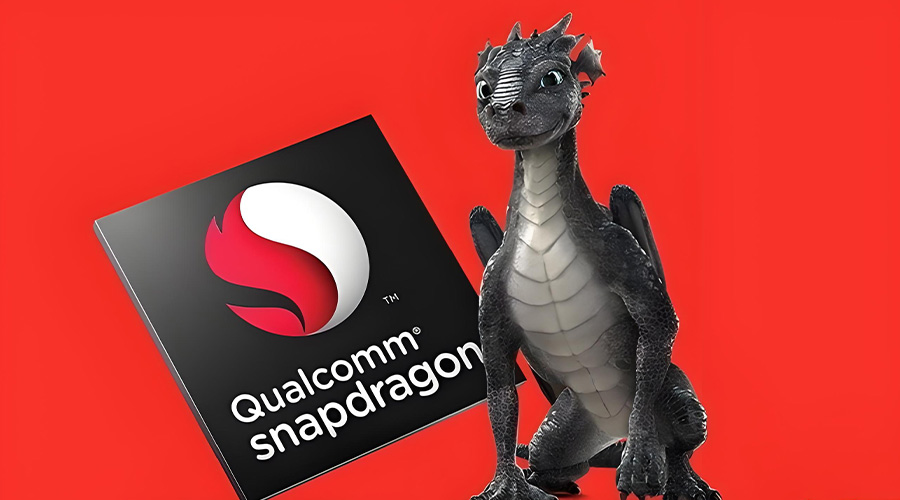
Comments (0)